Microsoft to scan for pirates every 90 days
Redmond giant Microsoft is trying to tackle the use of counterfeit versions of Windows 7 by cracking down on software hacks.
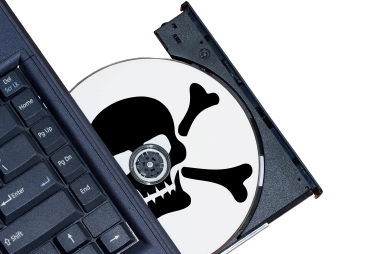
Microsoft will step up its fight against counterfeit software by issuing an update for Windows 7 that will check every 90 days to see if users have attempted to circumvent its activation processes.
Many users around the world have implemented "hacks" to enable them to circumvent Microsoft's activation processes and use pirated software.
With its update, Windows Activation Technologies Update for Windows 7, Microsoft is intending to identify users who have implemented hacks.
Upon finding evidence of a hack, Microsoft's update - due for release on Tuesday - will install a watermark on the user's desktop warning that they must only use a genuine copy of Windows and repeatedly prompting the user to buy.
The update will detect 70 of the most common hacks, Microsoft said. Windows Activation Technologies is Microsoft's latest name for the often unpopular anti-piracy software which preceded it Windows Genuine Advantage and Windows Product Activation.
"The update will determine whether Windows 7... is genuine and will better protect customers' PCs by making sure that the integrity of key licensing components remains intact," wrote Joe Williams, Microsoft's general manager for Genuine Windows, in a blog post.
"The update protects customers by identifying known activation exploits... If any activation exploits are found, Windows will alert the customer and offer options for resolving the issue."
Get the ITPro daily newsletter
Sign up today and you will receive a free copy of our Future Focus 2025 report - the leading guidance on AI, cybersecurity and other IT challenges as per 700+ senior executives
The update will check every 90 days to see if any new hacks have been installed. Each check will include new signatures aimed at identifying the latest hacks.
Some users were unhappy at the prospect of Microsoft's latest update. One comment on the post noted: "Excuse me but no. Enough is enough. I run a tight ship here. I scan for malware. Microsoft, I'm sorry, you don't get the right to run period validations of my Windows 7s in my office every 90 days."
Other users may be concerned that the update could identify their genuine copies of Windows as pirated, as has occasionally been the case in the past.
While the update will be pushed out to individuals, it will not be available to enterprise customers through Windows Server Update Services (WSUS), which is used by businesses to manage the distribution of software updates. Instead, IT professionals will have to import the update into WSUS through the Microsoft Update catalog, if they wish to install it. Installation is voluntary, Williams insisted, adding that users of genuine copies will notice no effect from the update.
Notably, release of the update will be delayed in China, where Microsoft has for years grappled with notoriously high levels of Windows piracy. Users there will not see the update until the summer.
Microsoft is already on the back foot in China over its plans to crack down on pirated versions of Windows XP, which involved turning the screen black for users of pirated versions. The latest delay may be a concession aimed at heading off a possible conflict with Chinese users.
-
 Cleo attack victim list grows as Hertz confirms customer data stolen
Cleo attack victim list grows as Hertz confirms customer data stolenNews Hertz has confirmed it suffered a data breach as a result of the Cleo zero-day vulnerability in late 2024, with the car rental giant warning that customer data was stolen.
By Ross Kelly
-
 Lateral moves in tech: Why leaders should support employee mobility
Lateral moves in tech: Why leaders should support employee mobilityIn-depth Encouraging staff to switch roles can have long-term benefits for skills in the tech sector
By Keri Allan
-
 Microsoft angers admins as April Patch Tuesday delivers password feature without migration guidance
Microsoft angers admins as April Patch Tuesday delivers password feature without migration guidanceNews Security fixes include a zero day exploited by a ransomware group and seven critical flaws
By Connor Jones
-
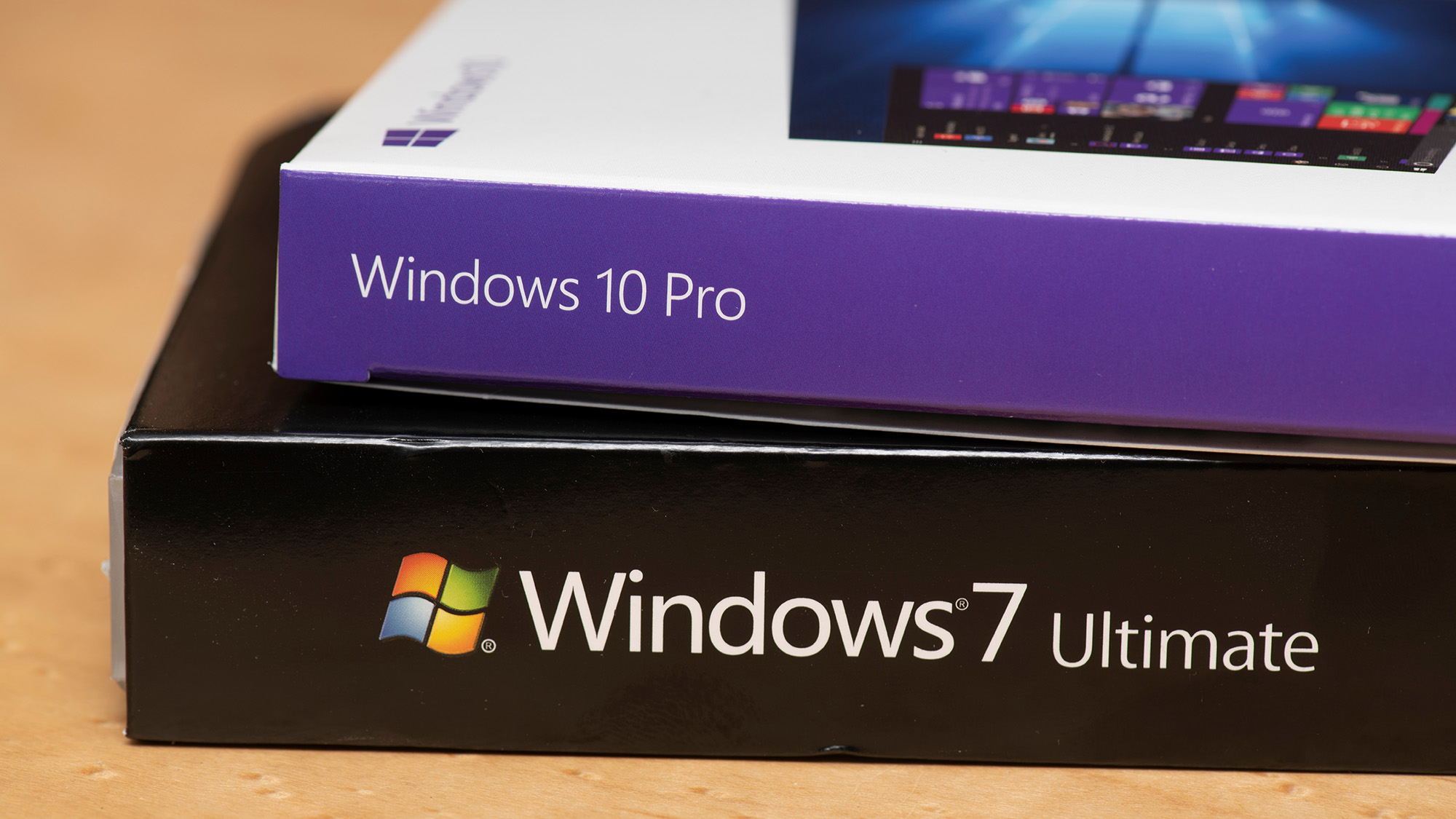 Managing a late migration
Managing a late migrationOpinion When it comes to moving from Windows 7 to Windows 10, it's better late than never
By Jon Honeyball
-
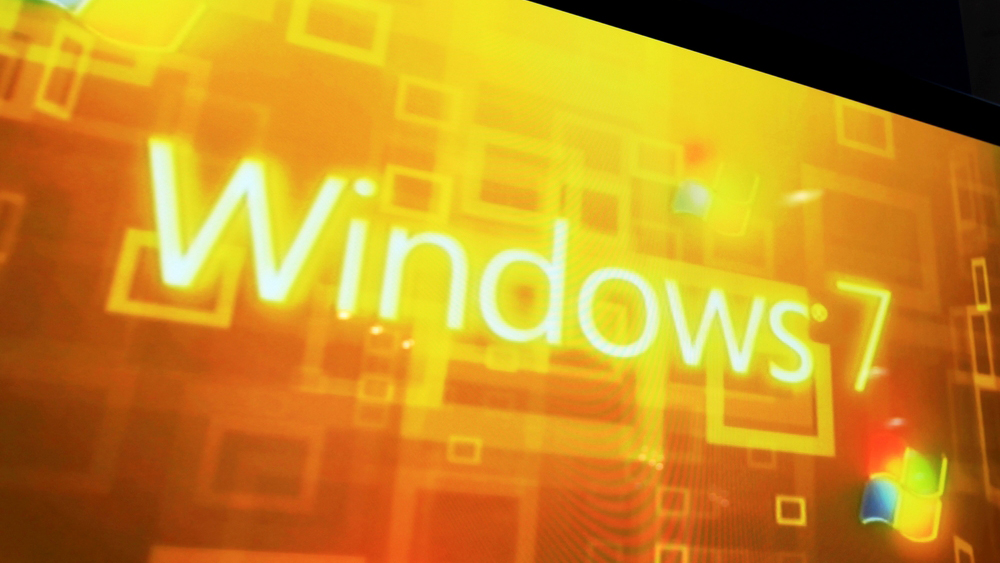 How to set up a Windows 7 emulator for Windows 10
How to set up a Windows 7 emulator for Windows 10Tutorials A complete guide for setting up a Windows 7 emulator for Windows 10 so you don’t lose access to your apps
By Nik Rawlinson
-
 The autopsy of Windows 7
The autopsy of Windows 7In-depth Report of a postmortem examination
By Chris Merriman
-
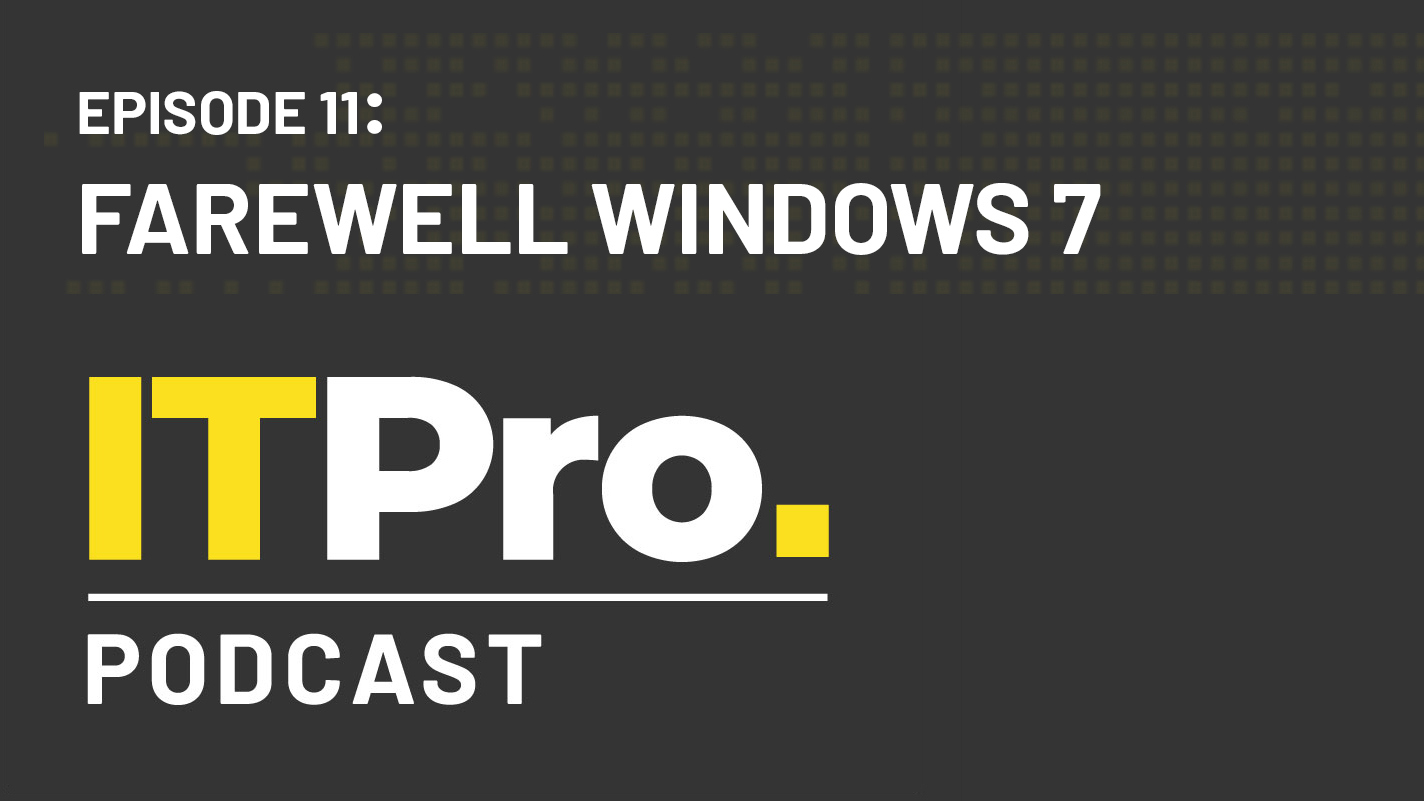 The IT Pro Podcast: Farewell Windows 7
The IT Pro Podcast: Farewell Windows 7IT Pro Podcast We reflect on the legacy of one of Microsoft's most enduringly popular operating systems
By IT Pro
-
 Windows 7 ends: what do you do next?
Windows 7 ends: what do you do next?In-depth From SMBs to big business and individuals, after 10 years it's time to move on from Windows 7
By Jon Honeyball
-
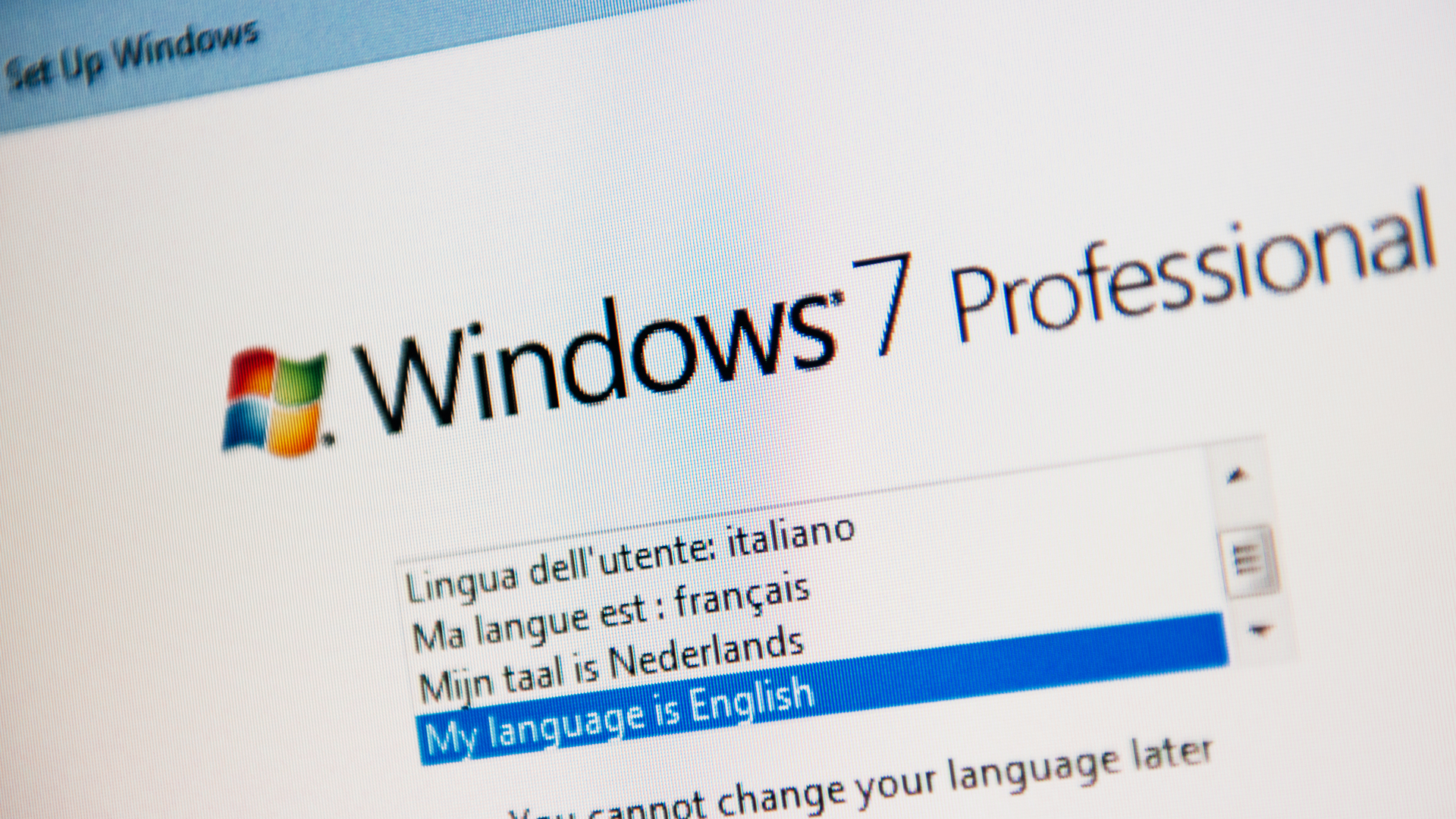 Windows 7 end of life: What to do if you haven't upgraded yet
Windows 7 end of life: What to do if you haven't upgraded yetIn-depth Microsoft has now officially moved Windows 7 to end of life, meaning it's no longer a viable business platform
By Dale Walker
-
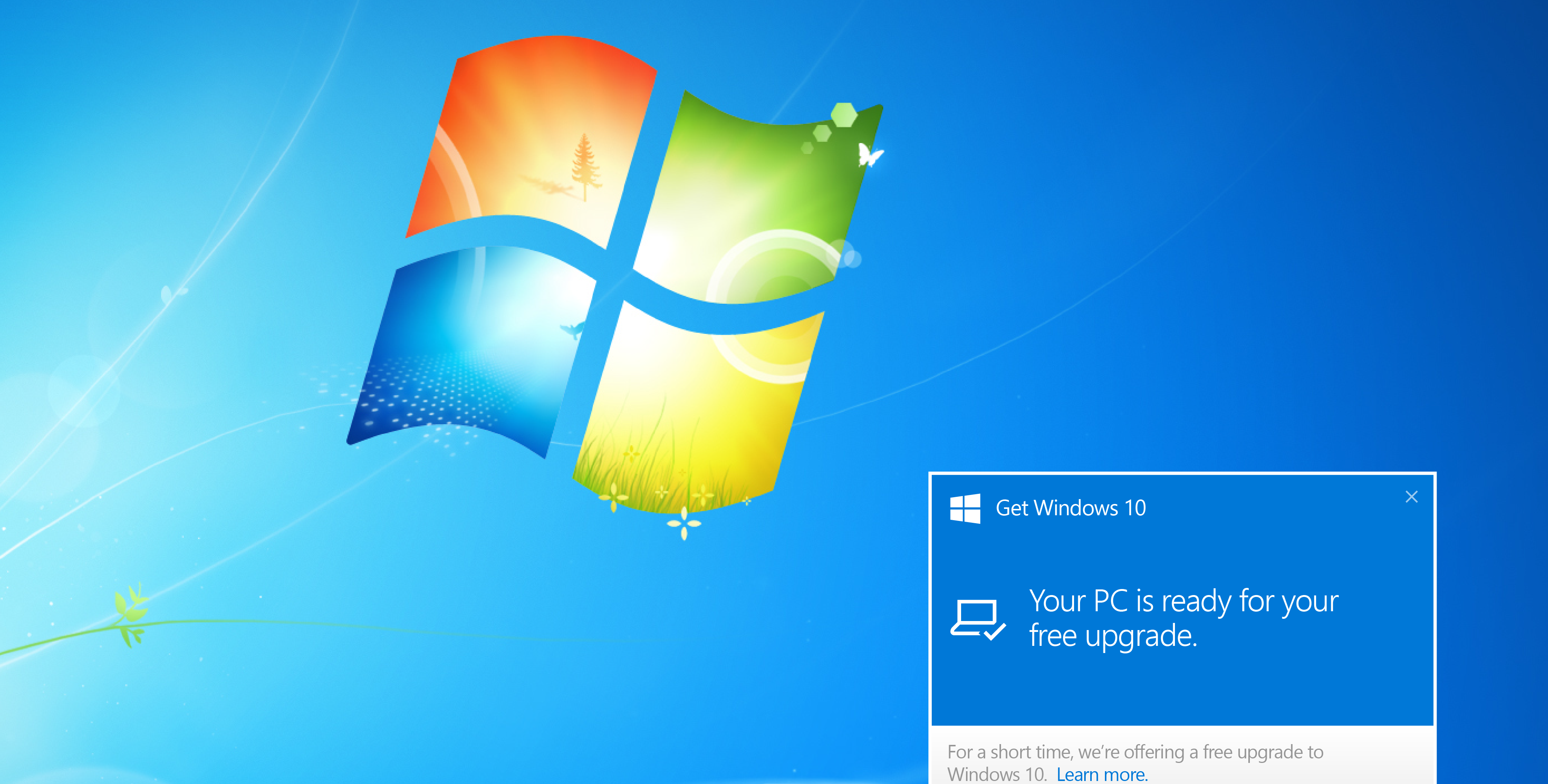 Windows 10 vs Windows 8.1 vs Windows 7 - Microsoft OS head-to-head
Windows 10 vs Windows 8.1 vs Windows 7 - Microsoft OS head-to-headVs We pit Microsoft's most popular operating systems against each other to see which is the greatest of all time
By Mike Passingham